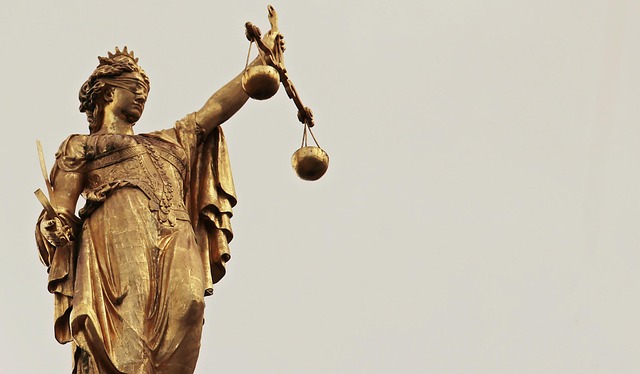Whistleblower Protection Lawsuits are crucial for exposing illegal activities within organizations, but they face challenges. The Benefits of Plea Bargaining in Criminal Cases offer a strategic solution, especially for white-collar crimes. This approach allows defendants to cooperate with prosecutors, reducing charges and sentences while providing valuable information. While critics argue it may compromise justice, plea bargaining facilitates quicker resolutions, protects whistleblowers' rights, and cultivates trust in revealing crucial insights that enhance transparency and accountability.
“Uncover the power of whistleblower protection lawsuits with our comprehensive guide. In an era where ethical disclosures are paramount, understanding legal rights is vital. This article explores the intricate world of whistleblower protections, offering a detailed look at key strategies and considerations. From comprehending the legal framework to analyzing the pros and cons of plea bargaining—a powerful tool in criminal cases—we equip readers with knowledge. Discover how these insights can fortify your position and ensure justice through successful whistleblower protection suits.”
- Understanding Whistleblower Protection Lawsuits: A Comprehensive Guide
- The Role of Plea Bargaining in Whistleblower Cases: Pros and Cons
- Navigating the Legal Landscape: Strategies for Success in Whistleblower Protection Suits
Understanding Whistleblower Protection Lawsuits: A Comprehensive Guide

Whistleblower Protection Lawsuits are a critical component of ensuring accountability and transparency within organizations. These legal actions provide a safety net for individuals who expose illegal or unethical activities within their companies, often facing significant personal risks. Understanding this process is essential for both whistleblowers and legal professionals alike.
In the context of criminal justice, the Benefits of Plea Bargaining in Criminal Cases can play a pivotal role. A plea bargain allows defendants to negotiate a reduced charge or sentence in exchange for cooperation with prosecutors. This strategy can be particularly relevant in white-collar defense cases, where individuals might face lesser penalties by providing valuable information that helps avoid indictment and leads to successful investigations. The general criminal defense approach often focuses on challenging evidence and legal procedures; however, plea bargaining offers an alternative path towards resolving these complex matters discreetly.
The Role of Plea Bargaining in Whistleblower Cases: Pros and Cons

In whistleblower protection lawsuits, plea bargaining plays a complex yet pivotal role. While often viewed as a strategy to avoid lengthy trials and potential harsh sentences, its application in white-collar and economic crimes cases has both benefits and drawbacks. The advantages include the ability to reach quicker resolutions, which can be particularly beneficial when navigating intricate financial fraud or corruption cases where evidence preservation is crucial. Plea bargaining can also result in more favorable outcomes for whistleblowers, as it may lead to reduced penalties and cooperative witness agreements.
However, critics argue that plea bargaining can undermine the pursuit of justice, especially when defendants plead guilty to lesser charges that do not fully reflect the magnitude of their wrongdoing. This practice has been a point of contention across the country, with debates focusing on striking a balance between encouraging cooperation in law enforcement and ensuring that whistleblowers are treated fairly without incentivizing less severe punishments for significant transgressions, particularly in white-collar and economic crimes cases.
Navigating the Legal Landscape: Strategies for Success in Whistleblower Protection Suits

Navigating the legal landscape surrounding whistleblower protection lawsuits requires a strategic approach tailored to each unique case. Success lies in understanding the intricate interplay between employment law, public policy, and criminal justice systems. One effective strategy emerging is the utilization of plea bargaining in criminal cases, offering significant advantages for both corporate and individual clients alike.
This method provides a chance for whistleblowers to mitigate potential damages while ensuring their rights are protected. By striking favorable deals with prosecutors, they can avoid prolonged legal battles, reducing financial burdens and minimizing public scrutiny. The benefits extend beyond personal gain, as plea bargaining also fosters trust within philanthropic and political communities, encouraging individuals to come forward with valuable insights, ultimately strengthening transparency and accountability.
Whistleblower protection lawsuits play a pivotal role in upholding justice and ensuring accountability. By understanding the intricacies of these legal processes, individuals can navigate the complex landscape effectively. This article has provided an in-depth guide, covering key aspects such as plea bargaining—a strategic tool with both pros and cons in whistleblower cases—and practical strategies for success. Embracing these insights empowers whistleblowers to assert their rights while reaping the benefits of plea bargaining in criminal matters, ultimately fostering a culture of transparency and ethical conduct.






